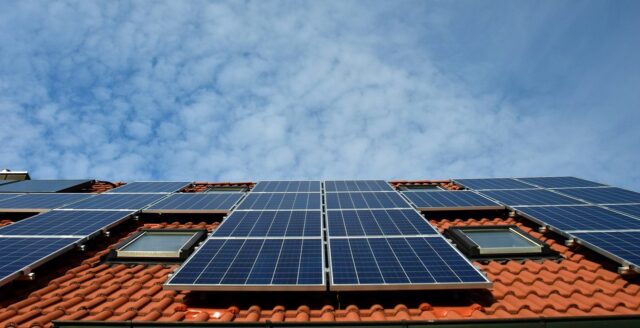Off grid solar systems, also known as standalone solar systems, are becoming increasingly popular as a way to generate electricity in remote or isolated areas. However, before installing an off grid solar system, it is important to understand the regulations and permits that are required.
- Local Government Regulations and Building Codes
Before installing an off grid system, it is important to check with your local government to determine if any specific regulations or building codes must be followed for off grid solar systems in your area. This may include requirements for system size, location, and safety features.
- Permits
In addition to local government regulations, you will need to obtain any necessary permits for the installation of your off grid solar system. This may include building permits, electrical permits, and permits for the installation of any other equipment that will be used in conjunction with the solar system, such as batteries or inverters. Failure to obtain the necessary permits can result in fines or penalties, and may even require the removal of the solar system. It is important to note that permits may also vary depending on the state or municipality.
- Utility Company Regulations
It is also important to check with any relevant utility companies to determine if there are any regulations or requirements that must be met when installing an off grid solar system. This may include requirements for interconnection agreements or metering systems. For example, some utility companies may require that the solar system be connected to the grid through a net metering system, which allows excess electricity generated by the system to be sent back to the grid.
- Federal and State Regulations
If you are planning to install an off grid solar system on public land or in a protected area, you may need to obtain additional permits or approvals from federal or state agencies. For example, if the solar system is to be installed on land managed by the Bureau of Land Management, a permit may be required from the agency.
- Professional Installation
Finally, it is important to ensure that your off grid solar system is installed by a qualified professional with experience in off grid solar systems. This will help to ensure that the system is installed safely and efficiently and that it meets all relevant regulations and permits. It’s important to note that having a professional install your off grid solar system may also be required by some local regulations.
- Storage and Distribution of Electricity
Another important consideration is the storage and distribution of the electricity generated by the solar system. This will typically involve the use of batteries to store the electricity generated during the day for use at night or during periods of low sunlight. It may also involve the use of an inverter to convert the DC electricity generated by the solar panels into AC electricity that can be used by household appliances.
- Backup Generator
As an off-grid system is not connected to the grid, it is important to have a backup generator to provide power when the sun is not shining. The generator should be able to provide enough power to meet the needs of the home or facility.
- Cost
When installing an off grid solar system, it is also important to consider the overall cost of the system, including the cost of the solar panels, batteries, and other equipment, as well as the cost of installation and maintenance. In many cases
Overall, it is important to understand and follow the regulations and permits that are required for an off grid solar system installation to ensure that your system is installed safely and efficiently and that it meets all relevant regulations. This may include researching local building codes, obtaining necessary permits and approvals, and working with a qualified professional to ensure that your off grid solar system is installed correctly.








